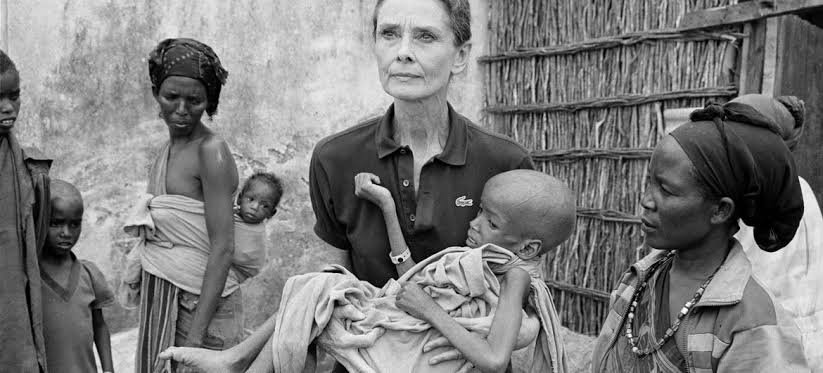
Stories from the UN Archive: Audrey Hepburn on Children’s Rights
Audrey Hepburn, celebrated for her iconic roles in classic films like “Breakfast at Tiffany’s” and “Roman Holiday,” was also a tireless humanitarian who dedicated much of her later life to advocating for children’s rights. Her work with UNICEF, the United Nations Children’s Fund, has left a lasting legacy, and her advocacy efforts are documented in the UN archives, providing an insightful look into her commitment to bettering the lives of children worldwide.
**A Passion for Advocacy**
Audrey Hepburn’s journey with UNICEF began in 1988 when she was appointed as a Goodwill Ambassador. Her passion for children’s welfare stemmed from her own harrowing experiences as a child during World War II, where she suffered from malnutrition and witnessed the impacts of war firsthand. These experiences deeply influenced her empathy for children in crisis and her dedication to humanitarian causes.
**Highlights from the Archive**
The UN archive holds a wealth of materials showcasing Hepburn’s work, including speeches, photographs, and correspondence. One notable speech from the archive is her address to the United Nations General Assembly in 1989, where she passionately argued for the rights of children. Hepburn spoke eloquently about the dire conditions facing children in conflict zones and impoverished areas, urging the international community to take immediate action.
In one poignant excerpt, Hepburn stated, “The ‘rights’ of children must be a reality. They must be given a voice, a chance to develop, and to lead happy and productive lives. Every child has the right to health, education, equality, and protection.”
**Field Visits and Advocacy**
Hepburn’s commitment to UNICEF was not just limited to speeches. The archive also documents her numerous field visits to countries affected by conflict, famine, and poverty. She visited Ethiopia during the famine crisis, traveled to Bangladesh to support immunization campaigns, and went to Vietnam to promote clean water and sanitation projects.
Photographs from these visits capture Hepburn interacting with children, often with a compassionate and nurturing demeanor. These images highlight her ability to connect with children and bring global attention to their plight. In one memorable photograph from Sudan, Hepburn is seen cradling a malnourished child, a powerful image that was widely circulated to raise awareness and funds for UNICEF’s programs.
**Correspondence and Personal Notes**
The archive also includes personal correspondence between Hepburn and UNICEF officials, revealing her deep involvement in strategic planning and fundraising efforts. In letters to UNICEF’s executive director, she often inquired about the progress of specific projects and expressed her desire to do more. Her notes reflect a blend of urgency and optimism, with Hepburn frequently stressing the importance of sustainable and long-term solutions.
One letter from 1991 reads, “We must not just provide temporary relief but also focus on creating systems that ensure lasting change. Every child we help today is a step toward a brighter future for all.”
**Legacy and Impact**
Audrey Hepburn’s work with UNICEF had a significant impact on the organization’s visibility and fundraising. Her celebrity status helped bring unprecedented attention to the issues facing children around the world. According to the UN archives, Hepburn’s advocacy efforts contributed to substantial increases in donations and support for UNICEF’s programs during her tenure as a Goodwill Ambassador.
Her legacy continues to inspire new generations of advocates. Hepburn’s son, Sean Hepburn Ferrer, has carried on her work, serving as a UNICEF ambassador and working on various humanitarian projects.
**Conclusion**
The stories from the UN archive about Audrey Hepburn’s advocacy for children’s rights paint a picture of a woman who used her fame and influence to champion the causes she believed in deeply. Her unwavering dedication and heartfelt compassion made a tangible difference in the lives of countless children, and her legacy remains a powerful testament to the impact one individual can have on the world.


